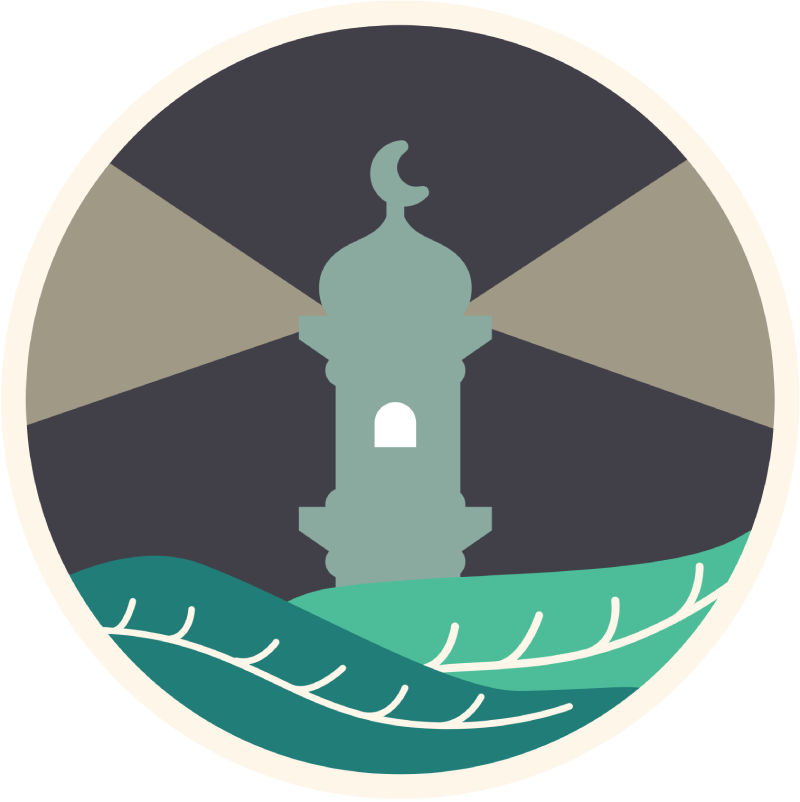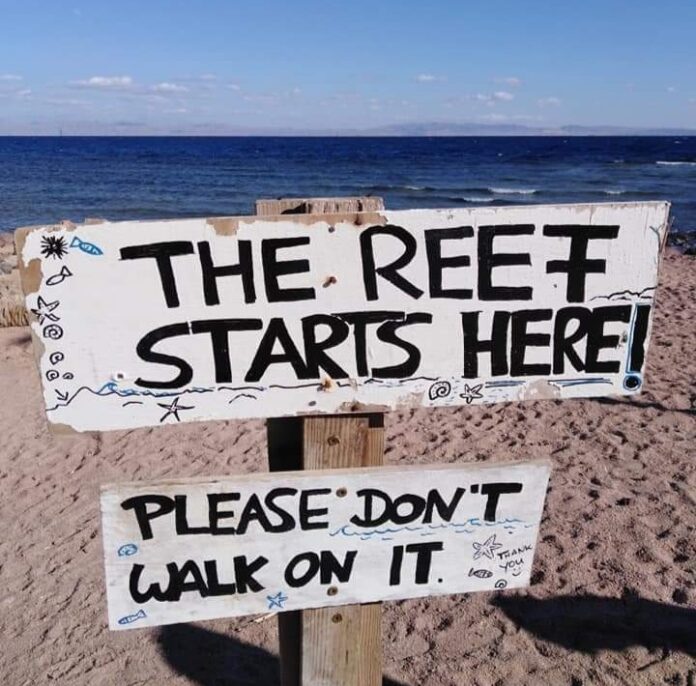In a small Egyptian town on the southeast coast of the Sinai Peninsula, rocky waves clutch the shores and Bedouins inhabit the landscape. Arab nomads have been in the region for more than 800-odd years, and have mastered the balance between sustainable living and connection with nature. Summer Kamal, a resident of Dahab, has come to appreciate their way of life and now finds her forever home sandwiched between mountains and lagoons. The area is still subject to the conditions brought upon by worldwide pollution. Despite this, the conservation efforts that Kamal endorses maintain the beauty and conditions of the natural landscape to the best degree.
Veganism’s Return
Kamal is a co-founder of Veganzania, once the stand-alone vegan restaurant in all of Egypt, and she now maintains its concept for other companies to use for educational purposes. She also continues to make vegan food from home and sell it under Vegan Box. Veganism is not something the modern Egyptian population is at all remembered for. Still, it should be known that the region has a relatively low meat supply, and in fact, the lack of prevalent veganism in the country is due largely to societal pressure, coupled with a low range of readily available vegan foods.
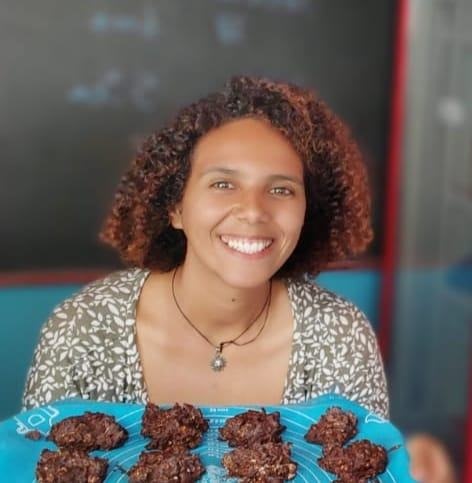
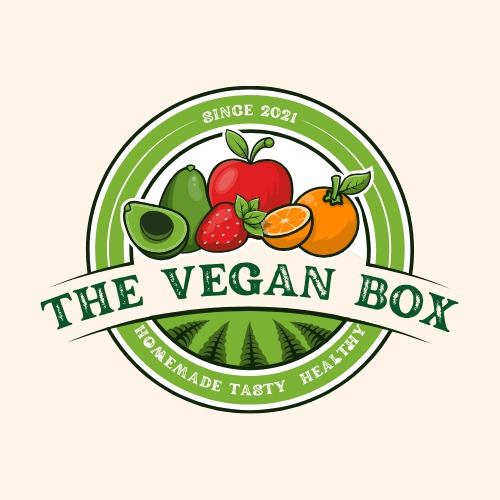
“I know that there were so many Muslim figures in history who were actually vegan,” Kamal notes. “And the non-vegans here in Egypt who are Muslims, they themselves would mention that Prophet Muhammad (pbuh) didn’t eat that much meat.” Kamal’s journey towards veganism began in Cairo as a comparison between the city and the countryside. “I’m mainly from Cairo, the capital of Egypt,” she says. “My father always tried to keep us out of the city for as long as he could. He got me and my sister really connected to nature, especially me. We had a very big garden, and that garden and house were actually overlooking the Mediterranean Sea.”
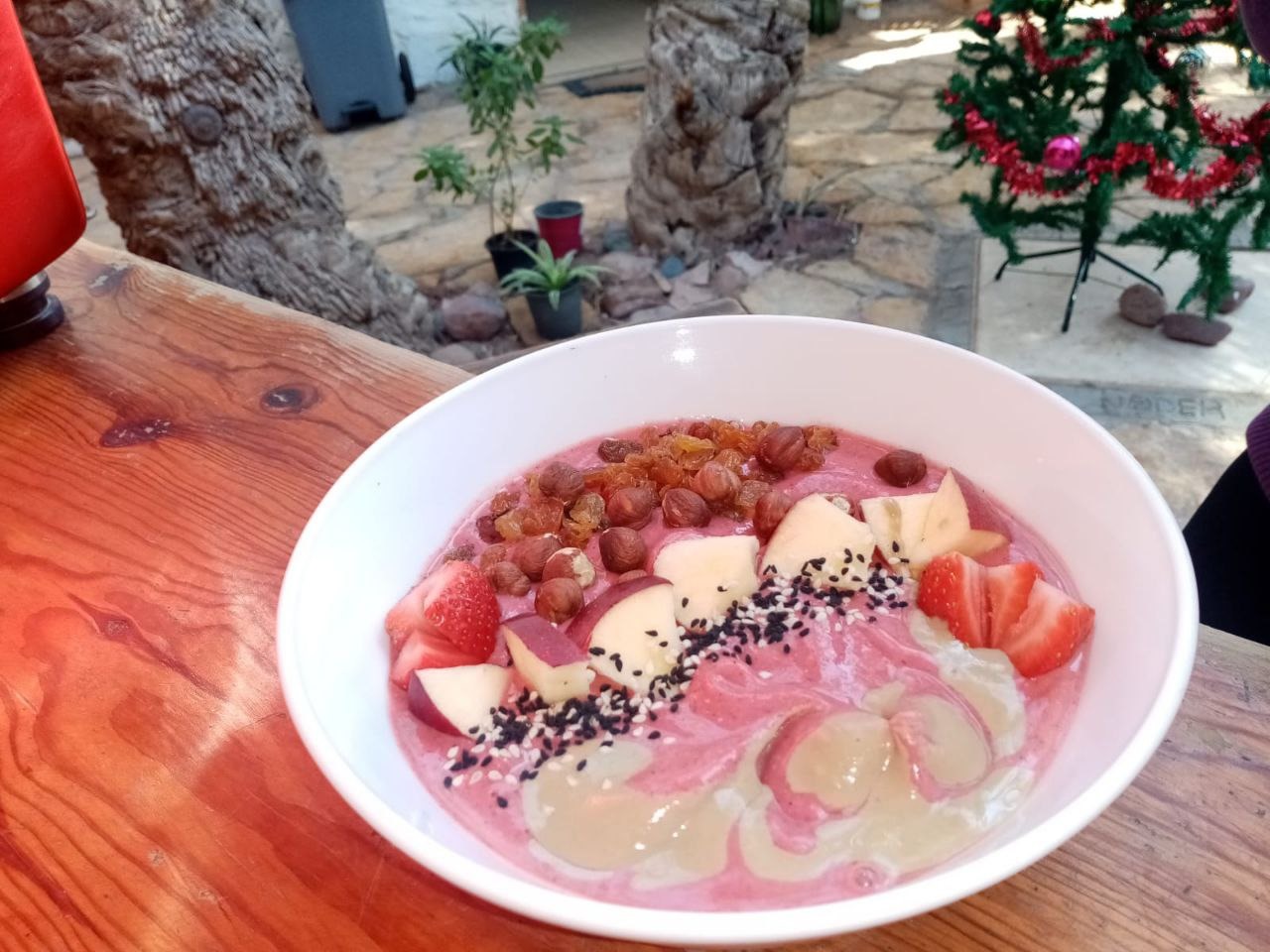
When Kamal reached about 12 or 13, her father decided they would stay in Cairo for a better education. That’s when she truly felt the difference between the city and a small town. Kamal started approaching veganism as a way to reconnect with her environment and finally committed to it in 2016. “Since then, I was like, okay, I’m reducing the suffering for animals and the environment.” Her journey has come to fruition by holding a deep appreciation for the Bedouin’s way of life in Dahab.
Instead of using tortilla bread, Kamal used to get Bedouin bread from a Bedouin lady who was baking at home. “And it actually looks so similar, it’s the same round flat bread,” Kamal says. “That was much, much less waste—or almost zero waste because even when we used plastic bags, we reused them.” Other Bedouins grow their own greens in their homes, which Kamal would also purchase. “Whatever product I could get from the Bedouins, I got, because it was much, much cleaner. That’s my journey with how I developed this awareness.”
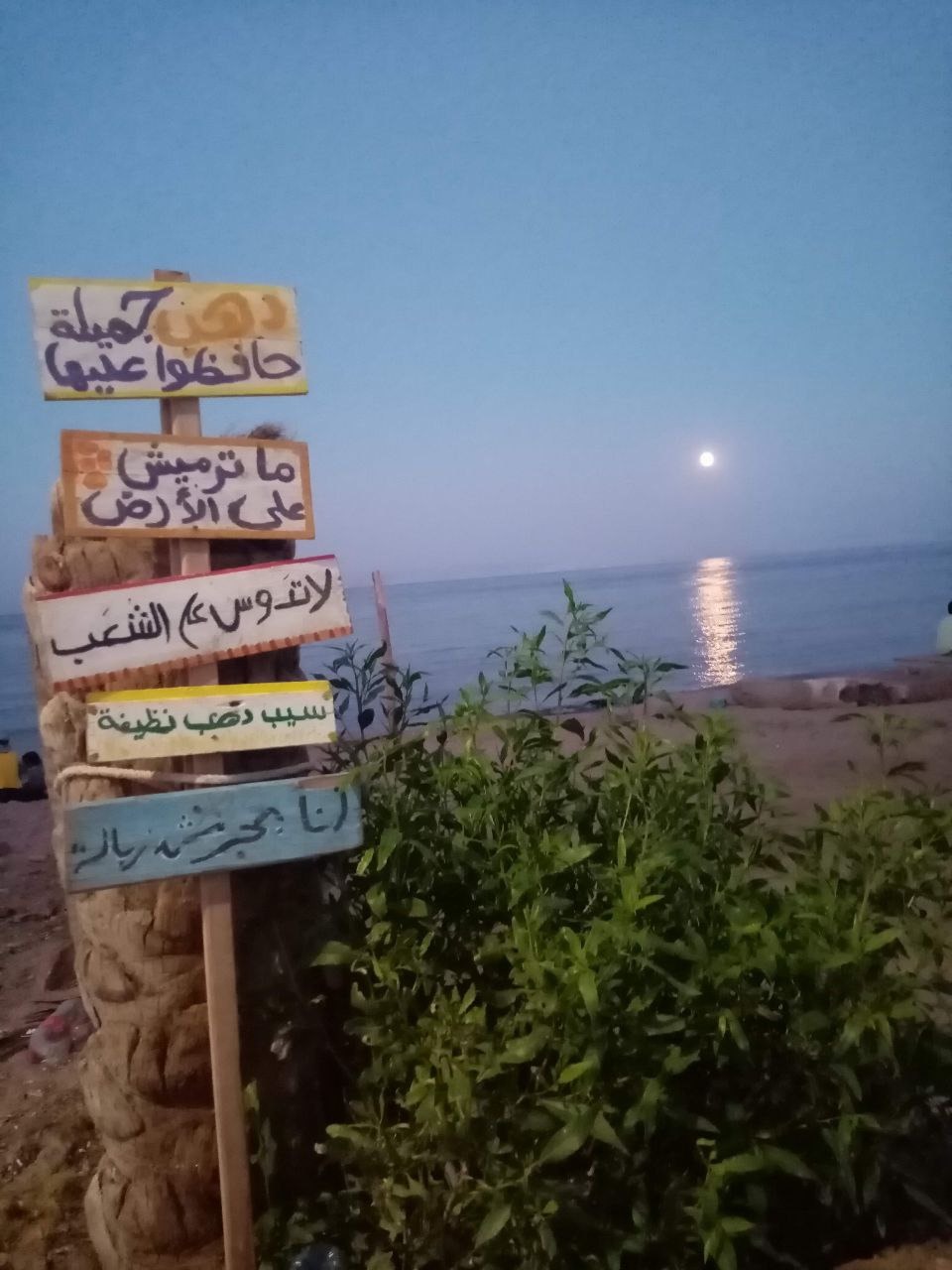
The Bedouin’s Love for the Ocean
Veganzania’s initial location was actually inside a local Dahab scuba dive center. The diving community in Dahab is strong, along with adamant windsurfers, vacationers, snorkelers and sailors. The ocean is treasured there, which is how Kamal’s heart expanded naturally towards ocean preservation. Sheila Hanney, who started as Kamal’s boss and is now a good friend, got in touch with the Sea Shepherd Conservation Society, whose sole mission is to protect and conserve the world’s oceans and marine wildlife. Kamal spent time next to the ocean, doing beach clean-ups and assisting divers who would dive for trash within the water. The Bedouins were also sometimes a part of that process.
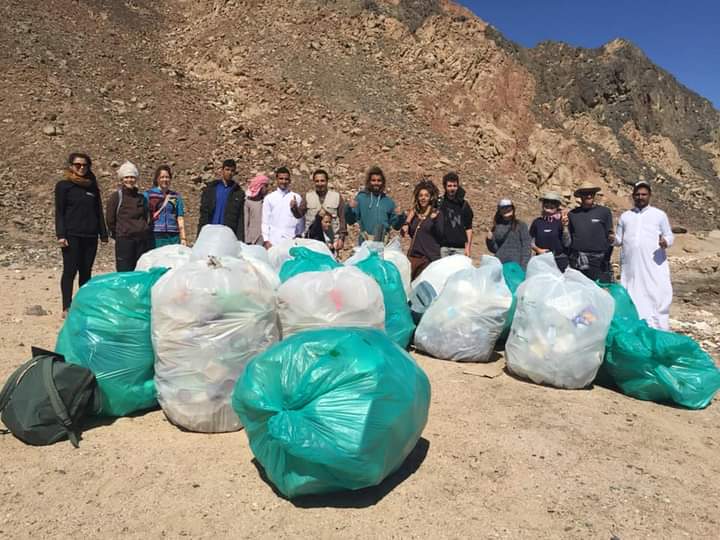
“I should protect what I love. So many people here now would call me a mermaid because I spend as long as I can swimming or snorkelling,” Kamal says. “I learned from Sheila that these are living beings that we need to be alive. They need to be protected as well. I learned that it’s not the people who have this bad behaviour. It’s the systems that we are living in who are causing this behaviour to people.” Kamal reminisces on an instance on a cold winter’s day when they were in the midst of a beach cleanup on the Dahab coast. The area was somewhat remote and accessible by boat, but the local government sent officials who helped and supported the clean-up by the ocean. They supplied them with items they needed, and have now integrated into the Dahab community.
Read More: The Soulful Elegance of Islamic Green Burial Practices
“Those amazing Bedouins who have been there since years and years ago were talking and addressing this topic of the environment and conserving the sea,” Kamal says, “and they are still doing their weekly beach cleanups too.” Individuals on their own, she had learned, were also passionate about the environment the same way she was, but were sometimes stifled by a system that pushed them into complacency or capitalism. Kamal uses the hashtag “protectwhatwelove” to encompass that passion she and the people around her hold. “We have beautiful marine life here in Egypt, especially on the Red Sea coast… I don’t want the Red Sea in Egypt to be polluted like other oceans and seas around the world. I want to protect that as much as I can.”
